I’m ashamed that I had to be reminded of this, but…
Recently, I was working on funding an elementary school special needs teacher’s grant proposal. He sent me a sample of the books he wanted to make for his students. I wasn’t impressed. Remember, this was for elementary kids, so bear with the basic language here.
This is Timmy’s book. (picture of Timmy)
Timmy will keep his hands to himself today. (or whatever the behavior problem is)
When Timmy does not keep his hands to himself, his friends are sad. (picture of sad friends)
His teacher is sad. (picture of slightly pissy looking teacher)
Mrs. Principal is very sad. (more pictures of grumpy staff)
When Timmy keeps his hands to himself, his friends are happy. (smiling kids)
His teacher is happy. (well, happier)
His parents are happy. (happy, happy, happy Mom and Dad)
And Timmy is happy. (Happy Timmy surrounded by happy friends)
My first thought was, “Yeah, right.” But since I’m not a teacher and not in education and I know nothing about this kind of stuff, I didn’t trust my snarky attitude. I called someone who is a special needs teacher and I asked, “Is this for real? Does it work?” The answer, a definitive Yes.
That's when I felt my moment of shame. As a writer, I should understand better than most people how powerful it is to see yourself in a book. No matter how many stories are out there, there’s always a voice that hasn’t been heard or an experience that hasn’t been shared. We need to get stories into the hands of people who are reaching out for something that speaks to them. This was a wake-up call to me to be more proactive about supporting small presses, alternative voices, and especially GBLT literature. For many people, finding themselves in a book is a lifeline. It’s validation. It’s an epiphany. It’s hope. That’s true if you’re a white middle class average Joe, a young black southerner, a gay Aleutian grandmother, or even a kid who has impulse control problems.
Tuesday, May 23, 2006
Subscribe to:
Post Comments (Atom)










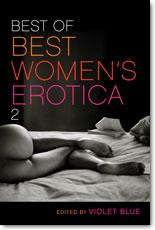

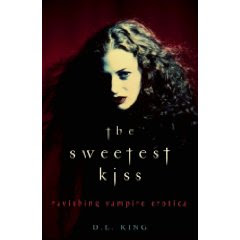


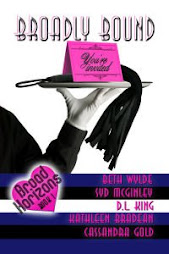.jpg)
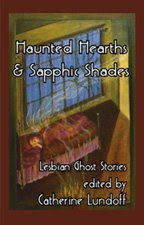

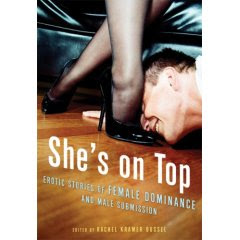








No comments:
Post a Comment